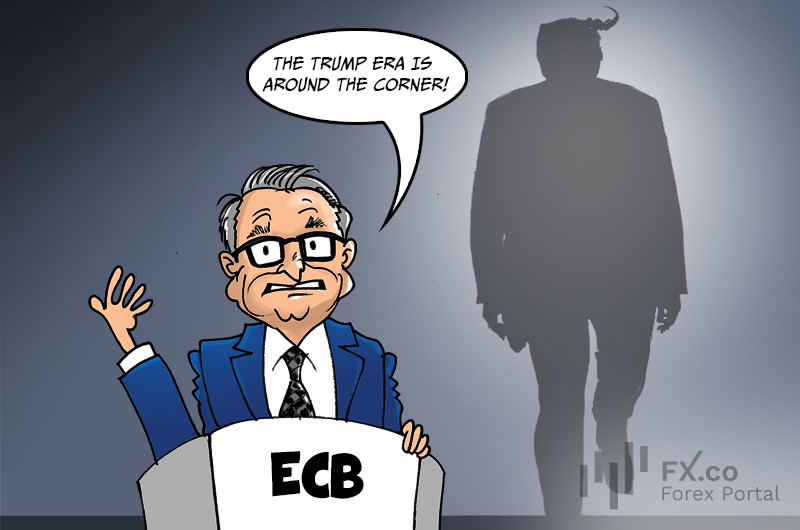
Tough times are coming for the global economy! The eurozone is no exception. Joachim Nagel, a member of the ECB Governing Council, has warned that the threat of further economic fragmentation is hanging over the world. If this scenario plays out, central banks will face new challenges like higher or more volatile inflation.
"The first signs of geoeconomic fragmentation are becoming increasingly evident. And, unfortunately, we may be on the brink of significant escalation," the president of the Deutsche Bundesbank said. "This is a concerning development, and we should all strive to restore cooperation and free trade," Nagel added.
The official noted that rising international tensions could amplify inflationary pressures and lead to greater price volatility for consumers. In this scenario, many central banks may have to raise interest rates again. However, global regulators are determined to "do what is necessary to maintain price stability," the ECB official concluded.
The possibility of new tariffs developed by Donald Trump, the newly elected president, is adding fuel to the fire. The Bundesbank president has repeatedly warned that Trump's reelection threatens to usher in an era of protectionism and a fragmented global economic order.
Let us recall that Trump has promised tariffs of 60% for China and up to 20% for other countries. This has sparked fears of full-scale trade wars.
Earlier, ECB Vice President Luis de Guindos noted that Trump's return to the White House could have disastrous consequences for the global economy. The result could be a slump in production, intensified price pressures, and a collapse of established trade flows.
Last week, Nagel stated that new tariffs would hit the German economy hard, leading to a 1% drop in production. However, he remains optimistic. “Even if we do witness a significant increase in geoeconomic fragmentation leading to greater inflationary pressures, central banks have all of the tools necessary to handle a situation like this," he believes.
For the ECB, worsening global integration means higher interest rates will be needed to curb rising inflation.
Analysts note that Nagel holds a hawkish stance among ECB Governing Council members. Preliminary forecasts suggest the regulator will cut borrowing costs for the fourth time within this easing cycle at its final 2024 meeting.
 English
English 
 Русский
Русский Bahasa Indonesia
Bahasa Indonesia Bahasa Malay
Bahasa Malay ไทย
ไทย Español
Español Deutsch
Deutsch Български
Български Français
Français Tiếng Việt
Tiếng Việt 中文
中文 বাংলা
বাংলা हिन्दी
हिन्दी Čeština
Čeština Українська
Українська Română
Română

Comments: